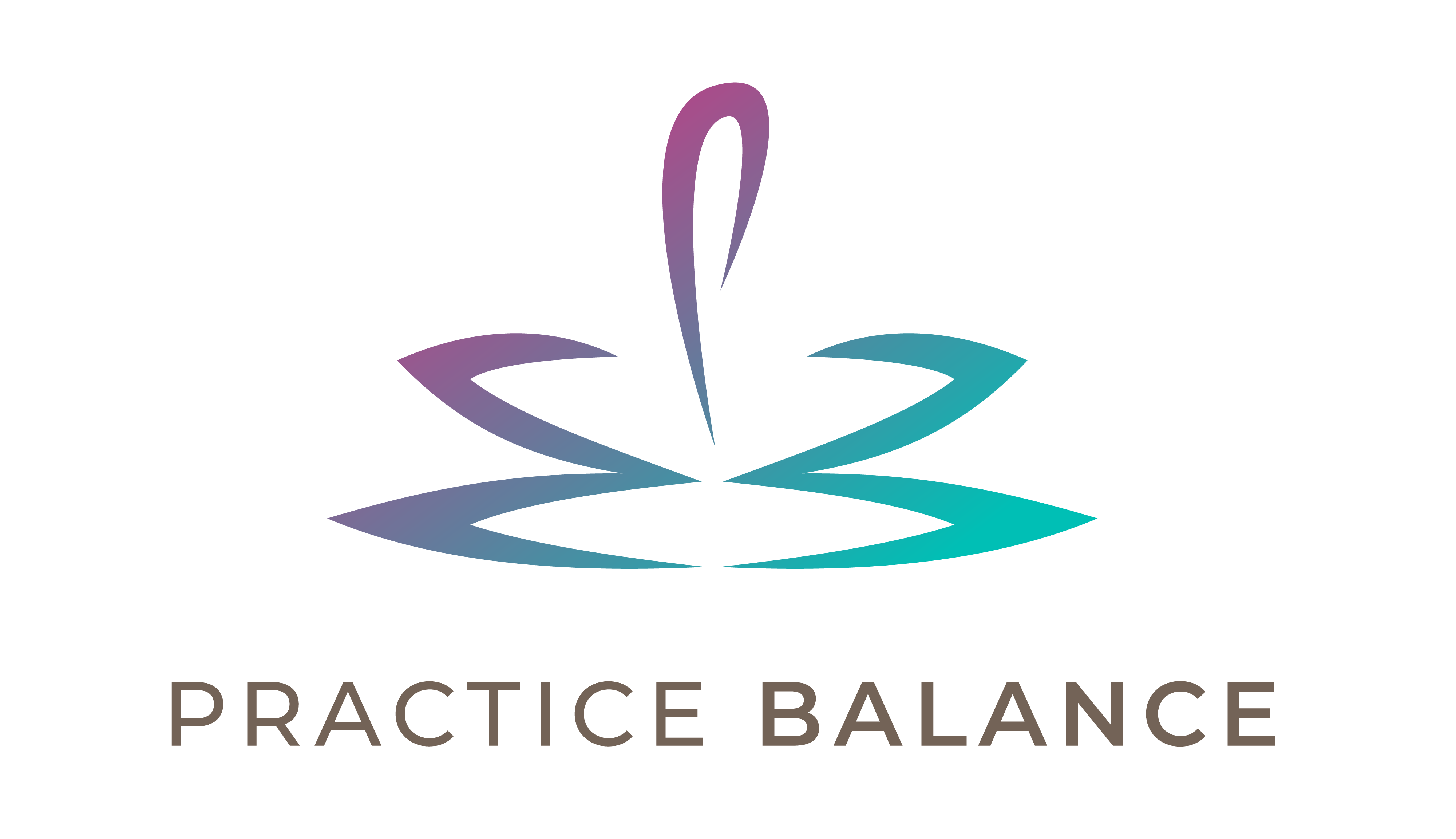I recently thumbed through my old journals while downsizing our bookshelf contents, and I came across… well, some common themes. Over and over, I saw similar phrases. Written as far back as 2004.
“I need to work on resentment”
“I’m not confident in myself”
“Why do I keep ___?”
Yup… still working on some of these same things today. And you know what? I don’t feel bad about it.
At the same time, I feel like I’ve made some big strides towards self-awareness in my adult years. I’ve slowly learned more and more about myself, prompted by a life-changing illness 10 years ago this month. Becoming a mother forced me (along with my husband) to really examine my values. And through my own coaching and training, I’ve become better at filtering my thoughts.
In an excellent interview, Brene Brown said to Tim Ferriss, “There is no ‘Four Hour Self Awareness’.” [Background: Tim is the author of a famous book series on human productivity entitled The Four Hour ____ (Work Week, Body, Chef…)]. She’s got a good point. As much as we’d like to think that everything in life works in a linear fashion, the trajectory for most things is much more like a squiggly, wandering scribble on a graph. The reality is that I still engage in self-sabotage from time to time, likely rooted in feelings of fear or inferiority.
Self-awareness is indeed a lifelong practice.

You want to unlock performance, say, at work or at a sport or in a relationship. You gather information. You practice the skills. You take lessons from others. You repeat. But how can you approach the internal work of mastering self-awareness? Pretty much in the same way. Here are my tips:
Get real and get present
First, accept the reality that there is no endpoint here. You’re not going to be a complete, perfect expert in anything, including yourself. We all go through cycles of being more or less aligned with our true selves. Give yourself some grace and don’t expect that this process is ever going to be complete.
Instead, strengthen the problem-solving, creative pathways in your brain by focusing on the present. You can do this with any of the mindfulness exercises and techniques I’ve discussed on this blog, including many ideas in this recent post. My recent favorite is to place intense focused attention on one of my senses (like rubbing my palms together, takng a deep breath, or focusing on something visually beautiful). I do this for a minute or two and then switch to another sensation. Doing this a few times a day has really helped me be more mindful.
Learn more about your nature
People poo poo personality tests, questioning their validity and blowing them off as woo, but there are certain assessments I highly recommend to pretty much everyone. I promise these are usually painless; many are easy and free to take online. My favorites lately are this introvert/extrovert test, the four tendencies quiz, the saboteur assessment, and the 5 love languages quiz. How else are you going to change your most unwanted thoughts and behaviors if you don’t know how to identify the patterns that get you intro trouble?
I happen to be quite the pleaser, and the subsequent feelings I experience when I overcommit to things I really don’t want to do are resentment (at myself or others) and anxiety (about if/how I should get out of the things and who won’t like me if I do). Yet I’m slowly catching myself making these mistakes now by pointing out to myself, “there goes my pleaser.” I’m still practicing of course, but I’m getting betterr at pausing and putting space between an ask and my answer.
Keep a shadow journal (or any journal)
I learned about this idea from a book called Not Nice – the “shadow” is the collection of personas, feelings, and things we keep inside of us that we also think are sources of shame and should consciously be avoided. We all have them. It may help you to process your negative shadows by writing them down, releasing them from your brain onto a page. If you never want to read it again, that’s ok. But the act of identifying these negative aspects of your life is a big part of moving past them.
Question everything you think and feel
Everything you think you know about yourself… do you know it to be absolutely true? You can do some thought work to find out. If I still believed some of the things I thought I knew about myself half a life ago, I would never have experienced the world through rock climbing. I would never have gone to medical school. Rethinking previously held beliefs about yourself just might be the way to gain some progress!
Repeat these steps over and over and over again. Enjoy the journey.
What do think about this? Do you make the same “mistakes” over and over again? What have you done to work on them? I’d love to hear your ideas.

A version of this article appeared on the website Doctors on Social Media. You can view it here.



 Mindfulness: What Is It, Why You Want It, and How to Get It
Mindfulness: What Is It, Why You Want It, and How to Get It
